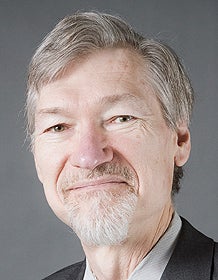Secularism and the Supreme Court
Abstract
Beginning with the Enlightenment in the 18th century religion was widely denounced by intellectuals. They sought to exclude religion from public life and predicted the demise of religion as freedom and education spread. This secularism triumphed in the Supreme Court in the 1960s and transformed the Court's construction of the religion clauses of the First Amendment.
Defying the intellectuals' prediction, though, religion has remained vibrant. Instead, secularism has waned, and many intellectuals now appreciate the social significance of religion. In the Supreme Court, however, secularism remains strong. Scholars have long noted the Court's antipathy to religion but have neither examined it in the context of the rise of secularism nor discussed the persistence of secularism in the Court despite its demise elsewhere. This article reviews the intellectual rise and fall of secularism and its ascent and puzzling duration in the Court. I conclude with a discussion of how a decent respect for religion would influence constitutional jurisprudence and how this influence would benefit society.
Keywords
Secularism
Publication Date
1999
Document Type
Article
Place of Original Publication
Brigham Young University Law Review
Publication Information
1999 Brigham Young University Law Review 1
Repository Citation
Dent, George W., "Secularism and the Supreme Court" (1999). Faculty Publications. 668.
https://scholarlycommons.law.case.edu/faculty_publications/668

